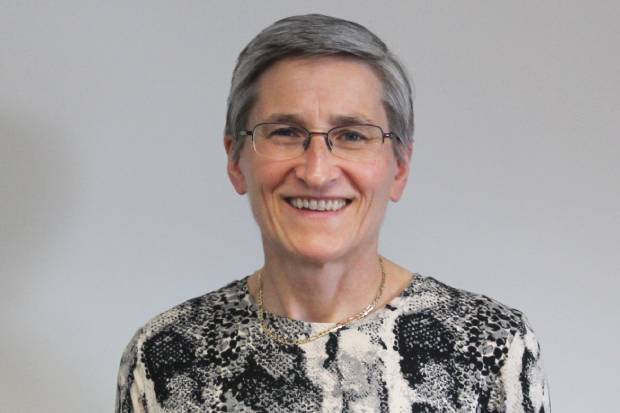Standards of customer service delivered by energy suppliers have fallen to the worst in the six years since Citizens Advice began assessing them, the debt counselling organisation has found.
Concerns around energy, many related to rocketing costs, drove the organisation’s contacts on the topic up a staggering 63% year on year, reaching 70,894 in the three months to March.
Wait times have risen, and solutions to customer problems are coming slower out of call centres, says the advice charity, the UK’s statutory monitor of energy companies’ customer service.
Standards have dipped since June 2021, it alleges, when the energy market started to collapse, and millions of customers were shifted to new suppliers as a result of their own provider failing.
Between January and March 2022, the charity’s helpline and website handled more than 70,000 contacts related to energy issues – a 63% increase on the same period in 2021.
Citizens Advice warns customer support from energy suppliers is weakening just aas consumers need good support the most. The nation awaits October’s second 50-plus% rise in Ofgem’s retail price cap, predicted to push average bills to £2,800 a year and as many as four million households into fuel poverty.
Even among top rated retailers, standards are falling. The highest score is now just 3.6 stars, compared to 3.85 in the previous quarter and 4.65 at the same time in the previous year.
Developed in consultation with suppliers and stakeholders, Citizens Advice’s star rating system was launched in December 2016. Its inputs include data from licenced suppliers themselves and from the Energy Ombudsman.
Anxious or complaining energy customers now wait on average 391 seconds, or around six and a half minutes, to talk to a helpline agent. Twelve months ago, the average wait was just under four minutes. Customers of one unnamed supplier face an average call waiting time of more than 16 minutes.
“Working terribly hard”
Email responses are slowing, too. On average, suppliers responded to 62% within two working days, compared to 66% during the same period in 2021.
The top 20 suppliers all experienced declines in their evidence-weighted star ratings, per Citizens Advice:
| Supplier | Rank | Rating for January to March 2022, out of 5.00 | |
| EDF Energy | 1 | 3.60 | |
| Outfox The Market | 2 | 3.25 | |
| Bulb Energy | 3 | 3.20 | |
| Affect Energy | 4 | 3.15 | |
| Co-Operative Energy | 5 | 3.15 | |
| Octopus Energy | 6 | 3.15 | |
| E (Gas and Electricity) | 7 | 3.13 | |
| Utility Warehouse | 8 | 3.05 | |
| M&S Energy | 9 | 3.05 | |
| ScottishPower | 10 | 3.00 | |
| Shell Energy | 11 | 2.95 | |
| Good Energy | 12 | 2.95 | |
| British Gas | 13 | 2.95 | |
| So Energy | 14 | 2.60 | |
| SSE Energy Services* | 15 | 2.45 | |
| Boost Power | 16 | 2.44 | |
| E.ON Energy | 17 | 2.40 | |
| Ecotricity | 18 | 2.30 | |
| Ovo Energy | 19 | 2.10 | |
| Utilita | 20 | 1.60 |
Citizens Advice’s chief executive Dame Clare Moriarty, pictured, said: “At a time when customers need all the support they can get, it’s worrying to see service performance is the worst on record. This leaves people frustrated and in the dark at the end of the phone.
“We recognise call centre staff are working incredibly hard to answer as many calls as possible, but energy companies must do better. This should include improving support services for people struggling the most. Ofgem should make sure suppliers are following the rules, and take action where needed.”
For the suppliers, Energy UK’s director of advocacy Dhara Vyas acknowledged its members “have experienced unprecedented call volumes and record-breaking traffic to their customer support services, over the past few months”.
“Energy suppliers have invested hundreds of millions of pounds to support people since the beginning of the pandemic, providing financial relief to those who need it most”, Vyas went on.
“Most suppliers, covering 80% of customers, have also signed up to Energy UK’s Vulnerability Commitment and pledged to improve the services they provide to those most in need – despite the ongoing challenges,” the spokesperson continued.
“The latest analysis from Citizens Advice clearly shows that more needs to be done and Energy UK is working with industry, the regulator and consumer groups to share best practice and ensure people get the help they need throughout the crisis.”




